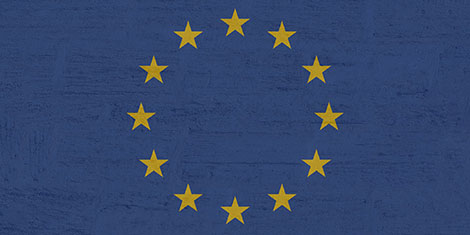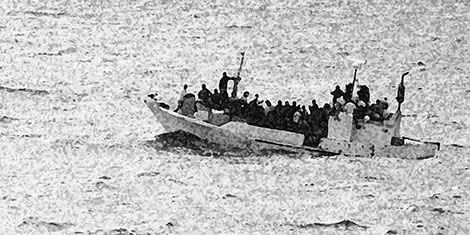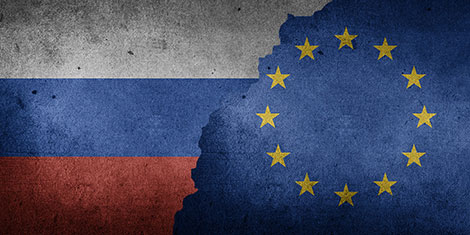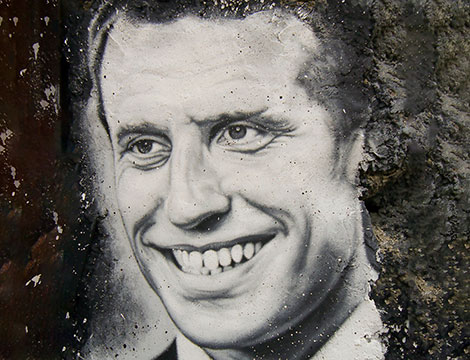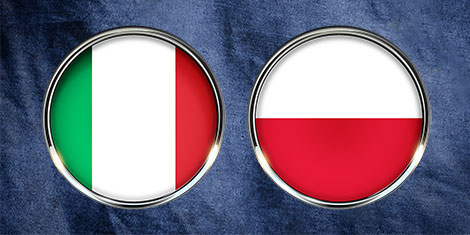
This article was originally published by Carnegie Europe on 2 November 2017.
If Italy and Poland developed a strategic consensus and acted accordingly, it would be a revolution for European defense.
Toward the end of 2015, a few defense experts raised their eyebrows at a Credit Suisse report on the future of globalization. This wide-ranging assessment contained a short analysis of global military power, ranking the top 20 countries in the world. Weighing six elements of conventional warfare, the Credit Suisse analysts considered Poland a stronger military power than Germany, and Italy came ahead of the United Kingdom.

